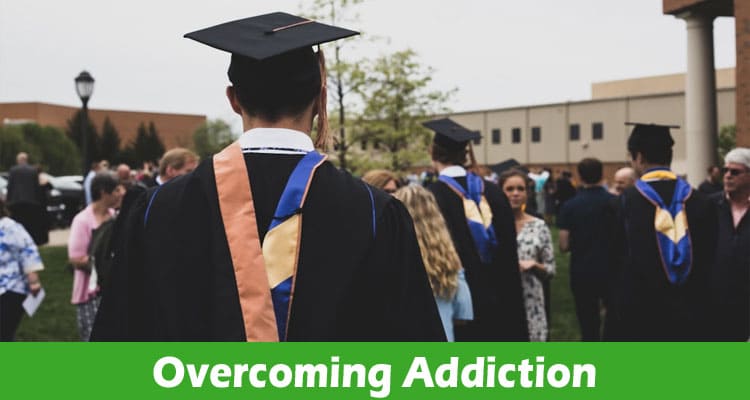Overcoming addiction is a challenging journey that requires dedication, understanding, and a supportive community. It’s a transformative process that not only leads to sobriety but also to profound personal growth and a renewed sense of purpose. To navigate this path, it’s necessary to gain a solid grasp of what addiction is, acknowledge the necessity of change, and then arm oneself with the tools and strategies needed for recovery and long-term sobriety. Below, we explore the steps that can guide you through overcoming addiction and reclaiming control over your life.
Recognizing the Need for Change and Preparing for the Journey
Deciding to change is a monumental step in overcoming addiction. It requires acknowledgment that one’s current way of life isn’t sustainable and that sobriety offers a more fulfilling path. This internal commitment is the foundation of a successful recovery.
Preparation for the journey is as much emotional as it is practical. It involves setting intentions, creating a supportive environment, and emotionally bracing oneself for the challenges ahead. This might mean informing loved ones about the decision to seek recovery and asking for their support.
It’s also essential to explore treatment options and choose a path that aligns with one’s circumstances and needs. Treatment plans can vary, from residential programs to outpatient services. Some may find a sanctuary for recovery at establishments like The Hope House, a luxury rehab program, which offers a combination of comfort and professional care.
Strategies To Overcome Addiction: Therapy, Support Groups, and Lifestyle Changes
Therapy is an integral part of overcoming addiction. It provides individuals with space to explore their emotions, behaviors, and the psychological factors contributing to their addiction. Cognitive-behavioral therapy, in particular, is widely used to equip individuals with coping strategies to deal with triggers and cravings.
Support groups offer an invaluable network of peers who understand the challenges of addiction. These groups facilitate a sense of community and provide social reinforcement through shared experiences and collective wisdom. This peer support is often a cornerstone of long-term recovery.
Finding purpose through education or work can also be transformative. Enrolling in a paralegal ABA approved online program, for instance, can channel one’s focus into productive endeavors, further distancing themselves from their addictive past.
Creating a Long-Term Plan for Sobriety and Personal Growth
A long-term plan for sobriety encompasses setting goals, developing healthy routines, and continuous self-reflection. It’s a detailed roadmap that guides individuals through the various stages of their recovery journey.
Setting achievable goals serves as motivation and provides direction for one’s efforts. These goals can be as simple as attending weekly therapy sessions or as ambitious as pursuing a new career. The key is that they’re meaningful to the individual and support their sobriety.
A routine founded on healthy habits builds a structure that can reinforce recovery. It replaces the chaos of addiction with predictability and security, thereby reducing the risk of relapse. Personal growth becomes a natural progression in such an environment.
Continuous self-reflection and monitoring are also critical. Being aware of one’s emotional state and recognizing potential relapse triggers allows for proactive management. This vigilance is essential for maintaining sobriety over the long term.
Celebrating Milestones and Managing Relapses in the Transformation Process


